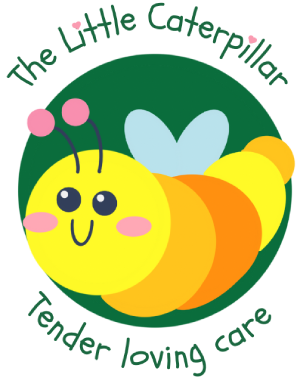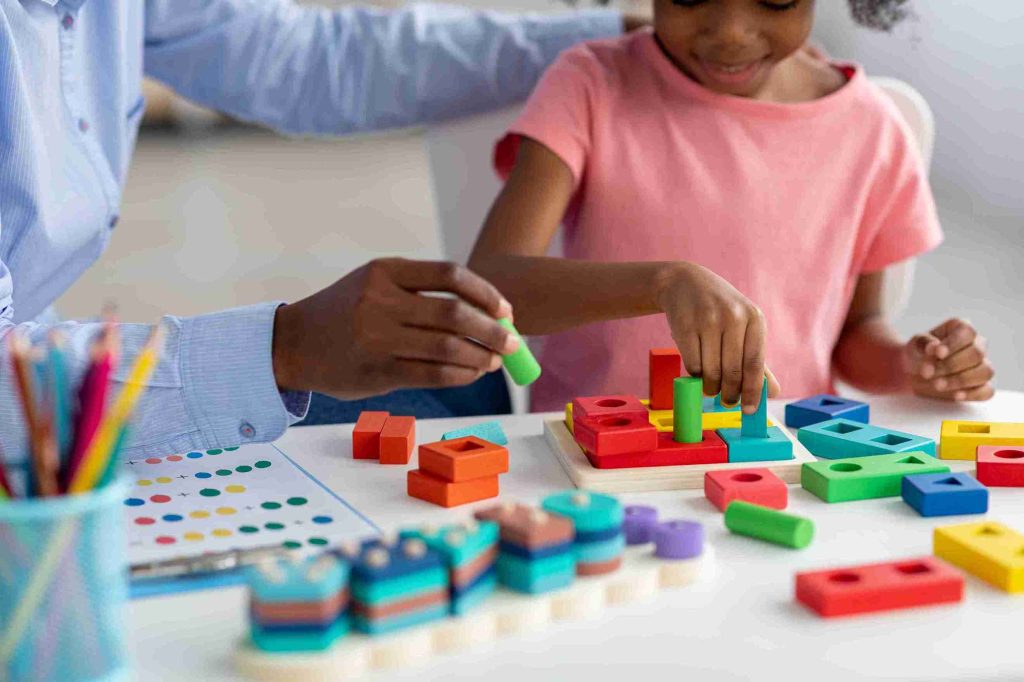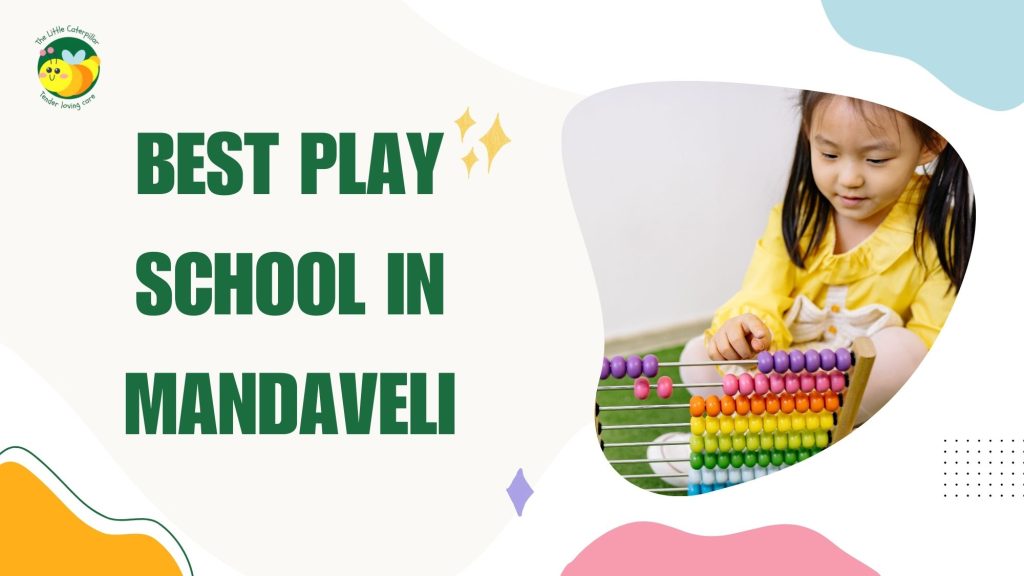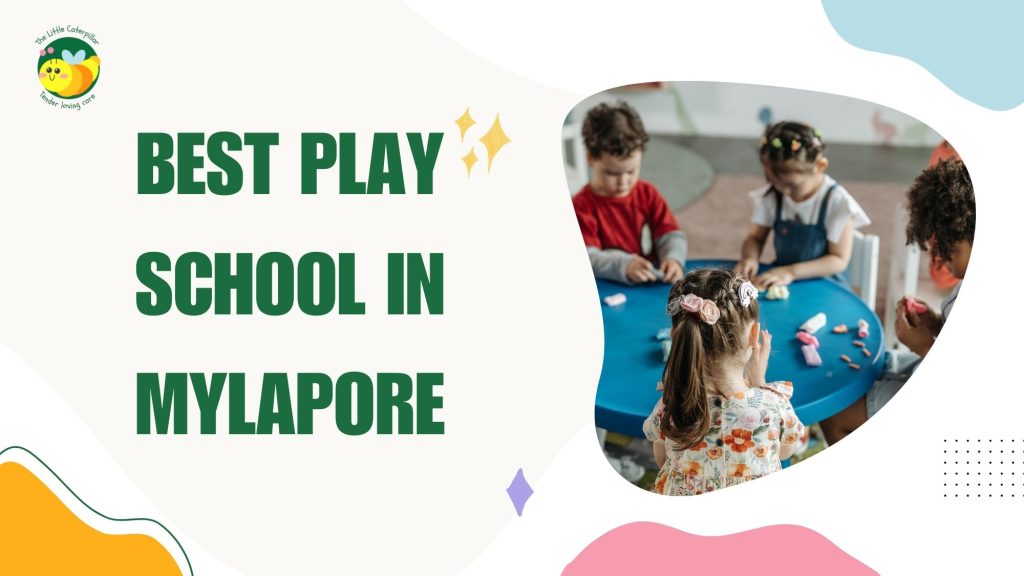Table of Contents
Introduction
The vibrant city of Chennai, Little Caterpillar has earned a reputation as a pioneer in holistic early childhood education. By merging the foundational principles of Montessori and Reggio Emilia with India’s rich cultural heritage, this preschool stands out as a place where children grow not only academically but also emotionally and morally. At the core of its philosophy is a commitment to fostering values like compassion, respect, and empathy—qualities that are seamlessly integrated into the children’s everyday learning experiences. This article delves into how Little Caterpillar nurtures well-rounded individuals equipped to thrive in a multicultural world.
A Unique Educational Philosophy Rooted in Cultural Context
Little Caterpillar’s approach combines the strengths of Montessori and Reggio Emilia, adapting these global methodologies to reflect Indian traditions and values. Montessori education’s focus on independence, hands-on learning, and self-directed activities forms the foundation of the school’s teaching style. Children are encouraged to explore materials at their own pace, fostering confidence and a love for discovery.
On the other hand, Reggio Emilia’s emphasis on collaboration, creativity, and the environment as a “third teacher” enhances the learning experience. This child-centric approach encourages young learners to express themselves through art, storytelling, and group projects.
What sets Little Caterpillar apart is its incorporation of Indian cultural heritage into the curriculum. The school celebrates festivals like Diwali, Holi, and Eid, offering children a firsthand experience of India’s diverse traditions. These celebrations go beyond rituals, teaching children about inclusivity and mutual respect. Storytelling sessions often include folktales and mythology, helping children connect with India’s rich history while learning moral lessons from these age-old narratives.
The Teachers: Guides, Role Models, and Caregivers
Teachers at Little Caterpillar play a vital role in shaping both the academic and emotional growth of their students. Trained in Montessori and Reggio Emilia methodologies, they bring a wealth of expertise to the classroom. Many of these teachers are also young mothers, which lends a special warmth and empathy to their teaching style.
These educators are more than instructors; they are role models who teach values like kindness and respect through their own actions. From guiding children on how to resolve conflicts peacefully to celebrating small acts of kindness, the teachers create a nurturing environment that fosters moral and ethical development. Their genuine connection with the children makes learning feel personal and meaningful.
How Values Are Taught in Everyday Activities
At Little Caterpillar, values like compassion, respect, and empathy are not taught as separate lessons—they are woven into every aspect of the day.
Morning Circle and Reflection
Each day begins with a morning circle where children greet their classmates and share their thoughts. This simple yet powerful ritual teaches children to listen attentively and value each other’s feelings. Over time, this practice helps build empathy and a sense of community among the children.
Collaborative Learning Projects
Children often work on group projects that encourage cooperation and mutual respect. For example, they might create a community garden together or paint a mural inspired by traditional Indian art. These collaborative efforts teach children the importance of teamwork and respecting diverse perspectives, all while fostering creativity.
Storytelling and Role-Playing
Storytelling is a cornerstone of Little Caterpillar’s curriculum. Teachers incorporate moral tales and stories from Indian mythology that feature ethical dilemmas and lessons. Role-playing activities allow children to explore different viewpoints, helping them understand the feelings and experiences of others. These sessions are not only engaging but also build empathy and critical thinking skills.
Caring for the Environment
Respect for nature is deeply ingrained in the school’s activities. Children participate in gardening, recycling, and other environmentally friendly practices. These activities teach them the importance of sustainability and caring for the world around them, reinforcing the idea that respect extends beyond people to include the environment.
Parent-Teacher Partnership
The school recognizes the vital role of parents in reinforcing moral values at home. Regular communication channels are established to share insights into children’s development and discuss ways to extend moral learning beyond the classroom. Workshops and seminars for parents provide guidance on fostering empathy, respect, and compassion in daily family life, aligning with the school’s values.
Measuring Impact and Continuous Improvement
Assessment at Little Caterpillar extends beyond academic achievements to include social-emotional development. Observations, anecdotal records, and feedback from teachers and parents contribute to understanding each child’s growth in moral and ethical understanding. Continuous professional development ensures that teachers remain attuned to best practices in moral education and are equipped to adapt their approaches based on ongoing research and feedback.
Conclusion
Little Caterpillar in Chennai exemplifies how early childhood education can effectively integrate moral and ethical values within a rich cultural context. By blending Montessori and Reggio Emilia’s philosophies with Indian heritage, the school not only prepares children academically but also equips them with essential life skills such as compassion, respect, and empathy. Through thoughtful curriculum design, dedicated teachers, and strong partnerships with parents, Little Caterpillar nurtures a generation of children who are not only academically proficient but also socially responsible and culturally aware citizens of the world.



